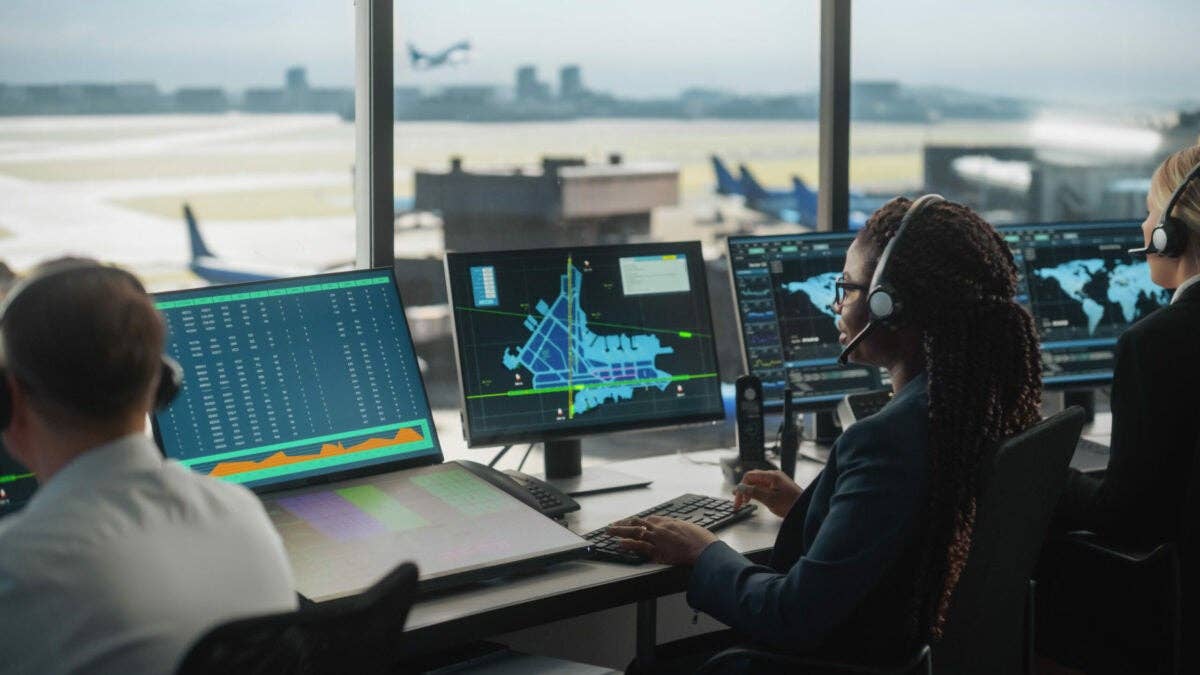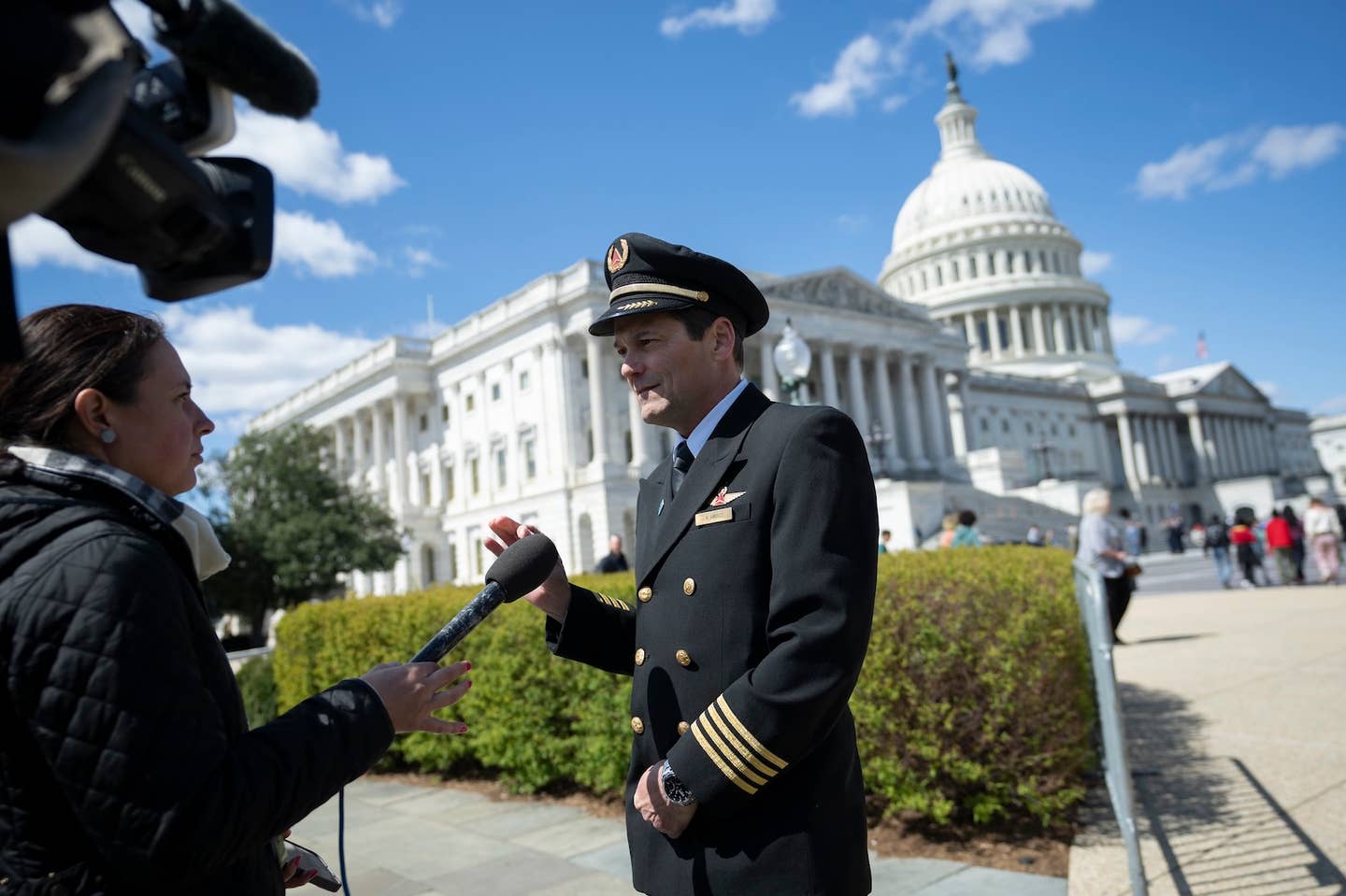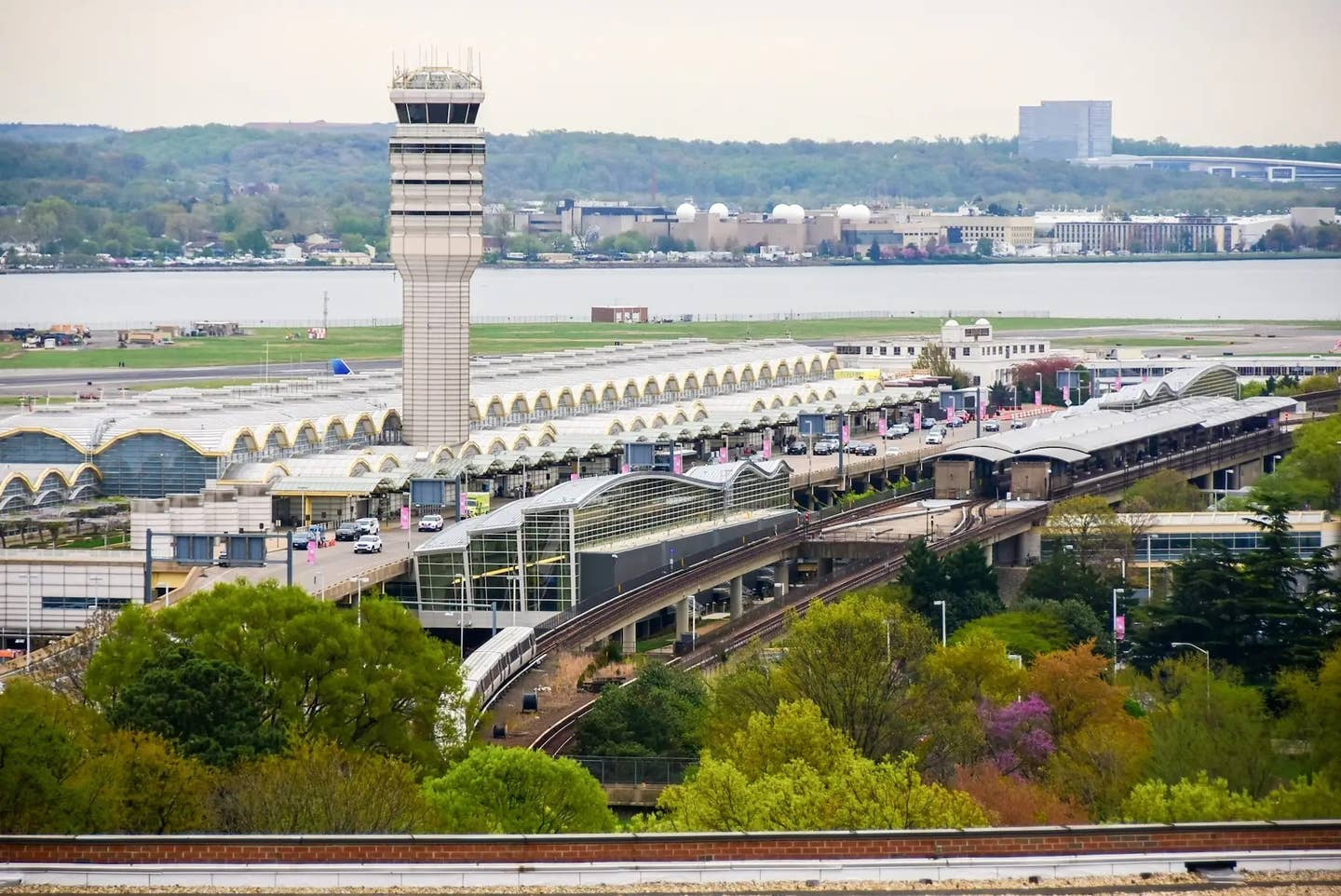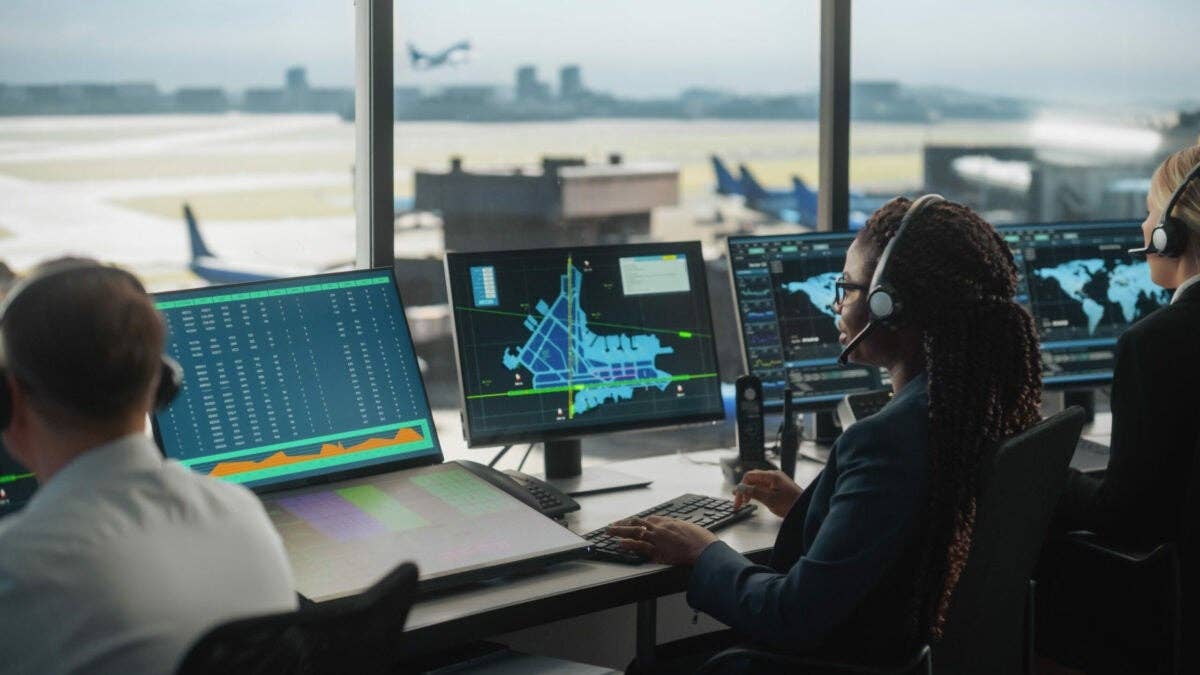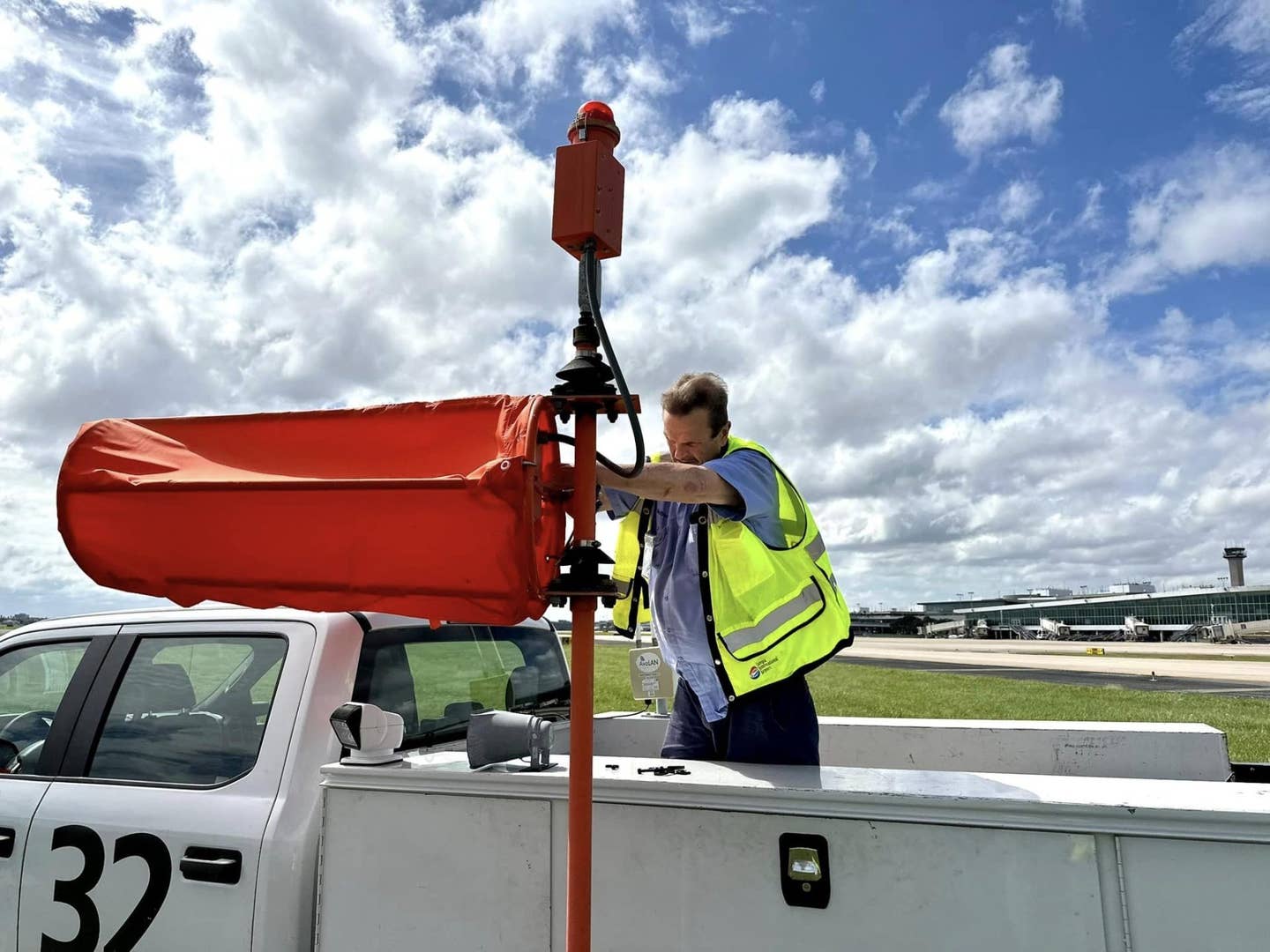Aviation Jobs That Don’t Require a College Degree
Here’s how to launch a dream career without a traditional education.
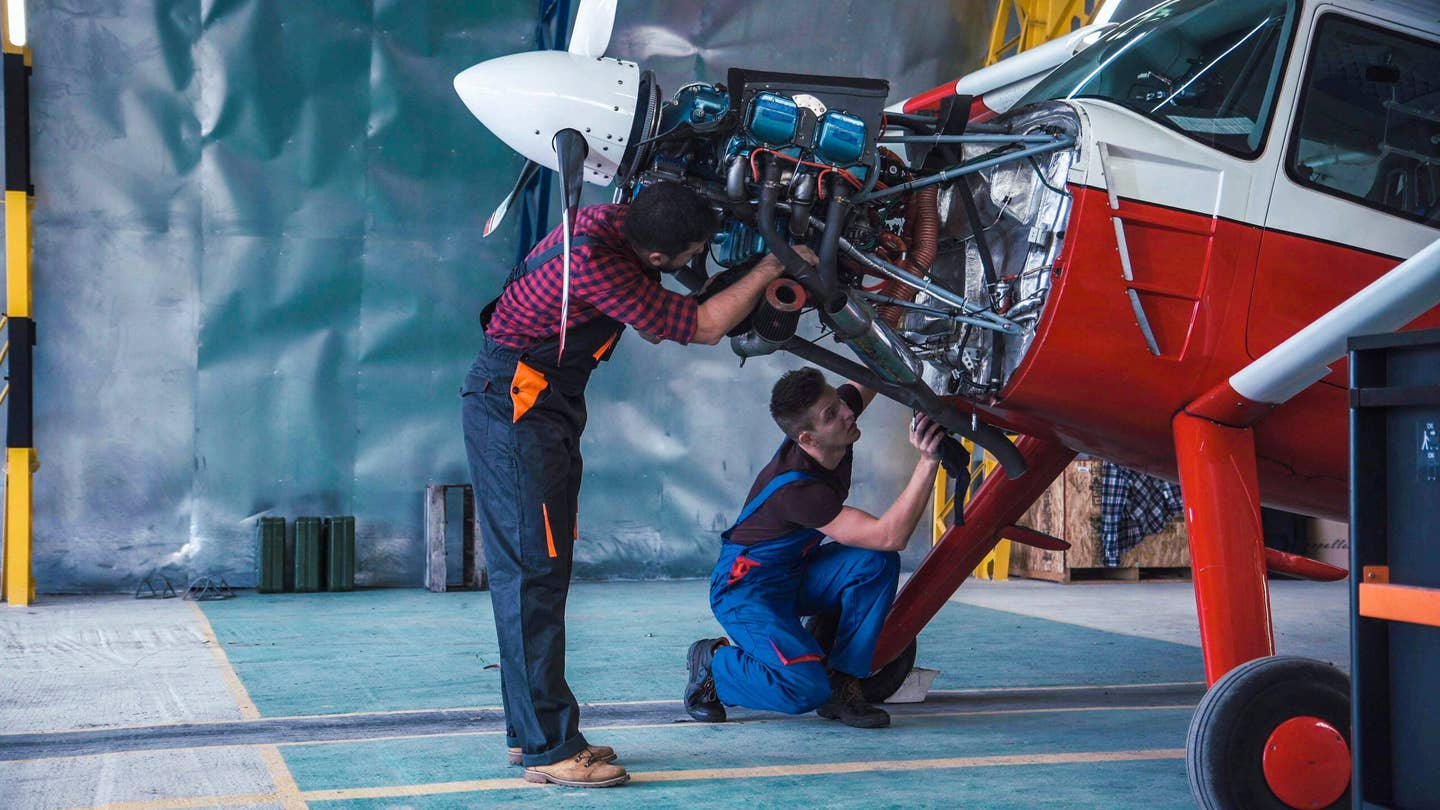
Instead of formal education, A&P mechanics instead must complete a training program on how to be a mechanic or finish a certain amount of practical on-the-job training.[Credit: Adobe Stock]
In recent years, many across the U.S. have wondered whether a four-year college degree is worth the money, time, and effort. Instead, young people are turning to the trades to make a living in pursuit of in-demand, stable careers.
For many, aviation promises high-paying potential. While some traditional four-year colleges do offer training in aviation, many seek it from third-party companies and organizations that offer schooling for less time, less money, or both.
Here are some of the lucrative opportunities in the aviation industry that do not require a traditional degree:
Pilot
Especially since the post-pandemic travel rebound, airlines across the U.S. have dropped their requirement that pilots have college degrees. While some still list that a college education is preferred, pilots are in such high demand that airlines cannot afford to select only those applicants.
This has caused a spike in pilots starting their flight training with schools straight out of high school community college, or another career, as the removal of the higher education barrier represents a significant shift in how airlines preselect their pilots.
- READ MORE: The Best Paying Pilot Jobs
To be fair, many colleges and universities still prioritize pilot training as a part of their curriculums. However, these programs are far from the only opportunities to launch a flying career.
Ab initio flight schools, especially those with specialized career programs, have jumped at the opportunity to recruit a wider range of students and instructors, equally ensuring a steady flow of potential flight instructors to ensure proper long-term staffing.
Flight Attendant
Like pilots, flight attendants are often not required to have high school diplomas. A major benefit of becoming a flight attendant is receiving the same ability to travel for work without the same significant up-front investment required for pilots.
Flight attendants, instead of a college degree, are often asked to have experience working in customer service or hospitality careers. This might be an easy requirement for applicants who already have experience in restaurants, country clubs, shops, or even hotels—all common employment opportunities for young students and those just out of school.
- READ MORE: How To Become a Flight Attendant
Airlines often pay high premiums for applicants with special skills, such as the ability to speak languages besides English (or the native language of the airline’s home country). This allows an airline to fully staff international flights to a wider variety of countries while still providing high quality customer service.
While a college degree is certainly not required to become fluent in another language, and many speak such a language at home, there are those who still become fluent in a new tongue through formal education programs such as high school, college, or a program sponsored by an educational institution.
A&P Mechanic
Of all the other jobs on this list, an A&P mechanic might find the least benefit from a college degree.
Instead of formal education, mechanics instead must complete a training program on how to be a mechanic or finish a certain amount of practical on-the-job training. Mechanics may then go on to work for flight schools, charter companies, or even airlines depending on their level of experience.
Like with pilots, some formal educational institutions, particularly community colleges and aviation-specific universities, do offer degrees in becoming an aviation mechanic. However, many find it easiest to go through an independent curriculum or company training to become a mechanic.
Aircraft Dispatcher
Aviation dispatchers are perhaps the least-visible and least-appreciated members of the aviation community.
Dispatchers are responsible for ensuring the safe completion of flights from pushback to parking. They assist pilots with flight planning, check the weather, follow aircraft midflght to make necessary route changes, and complete administrative tasks such as briefing flight crews and preparing aircraft schedules.
Like mechanics, dispatchers must complete practical on-the-job training in preparation for written, oral, and practical tests. While many airlines prefer candidates with degrees in meteorology, air transportation, or the sciences, other types of experience from across the aviation industry can be just as valuable for hopeful aircraft dispatchers.
- READ MORE: How to Become a Flight Dispatcher
Becoming a dispatcher can be especially attractive for those who want to work closely with flight crews without actually flying for an airline. Being a dispatcher often ensures a more stable lifestyle with a consistent home life, as opposed to being on the road multiple times per month.
Ramp Agent
Becoming a ramp agent may be among the coolest aviation jobs out there.
Workers get close-up, hands-on experiences moving, loading, and unloading airplanes. Aircraft fuelers, meanwhile, work similar jobs by selling fuel to major airlines, charter companies, and private aircraft owners.
Many ramp agents work for major airlines in big hubs or for contractors at smaller outstations. Other agents work for FBOs, parking, fueling, and dispatching private jets transiting to and from far-off destinations. This provides the opportunity to work on a variety of aircraft types depending on where, and for which airline, a ramp agent or pilot works.
- READ MORE: Best Entry Level Airline Jobs
Ramp agents often see significant growth in the aviation industry. Working the ramp can be a launching point into a career as a pilot or dispatcher and is a great way to earn money while gaining experience handling and moving aircraft, meeting with flight crew, and learning the ins and outs of the aviation industry.
A college education is becoming less important for those interested in a career in aviation. From a basic ramp worker to an airline captain, people without formal postsecondary educations have a number of options and opportunities for advancement.
Even without a college degree, it is still possible to have a fruitful, vibrant career in aviation.

Sign-up for newsletters & special offers!
Get the latest FLYING stories & special offers delivered directly to your inbox


